Following the celebration of the International Day against social and racial discrimination on 21 March, the National Rally for Change-RANAC has denounced some disparities observed in some sectors of the country.
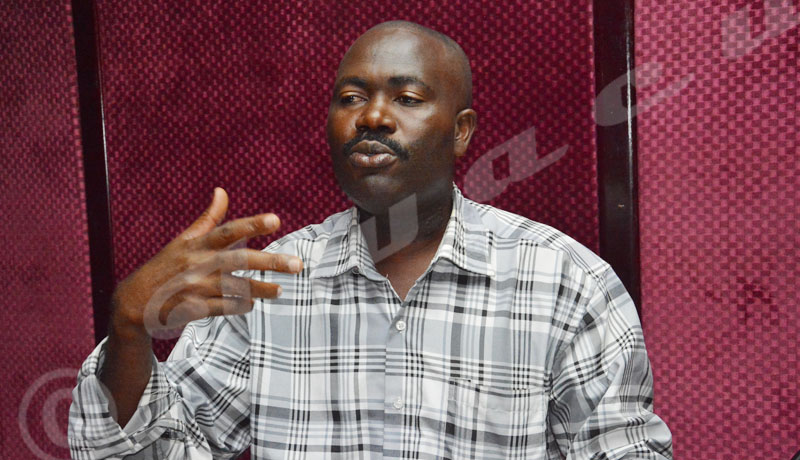
Georges Nikiza: “The government should implement all ratified international conventions and national instruments aimed at fighting social discrimination”.
Georges Nikiza, Spokesman for RANAC party has said there are some practices which still show social discrimination in Burundi despite the progress made in peaceful coexistence among different ethnic group members. “Those practices encourage exclusion, social injustice, discrimination, intolerance, xenophobia and hate speech”, he said.
He also says double standard policies are observed particularly in the context of work, public service and even in conflict management between opinion leaders and followers of political parties. “It is not a secret at all. Getting a job in public service nowadays requires that one is a member of the ruling party,” he says
Mr. Nikiza also speaks about some people who are more protected than others. “When some people are reported missing, administrative officials recognize them more easily than others who are neglected or even flatly denied.”
RANAC Spokesman also says the current constitution seems to have a discriminatory role especially for those who seek to run for higher positions in the government.
“A presidential candidate must have one only nationality. This is social discrimination,” he says adding that the electoral code also attempts to discriminate women. “If they want to participate in the 2020 elections, they will submit their candidacies to their husbands’ constituencies”, he said.
The National Rally for Change exhorts the government to implement all ratified international conventions as well as national instruments and build capacity of all institutions involved in the conflict prevention especially in the eradication of social discrimination. “Prevention is better that reconciliation”, he concluded.


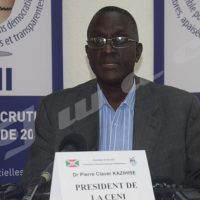
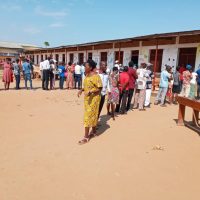
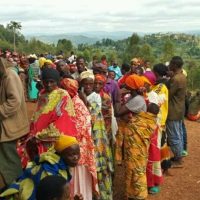
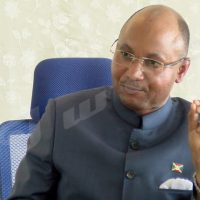













 IWACU Open Data
IWACU Open Data

